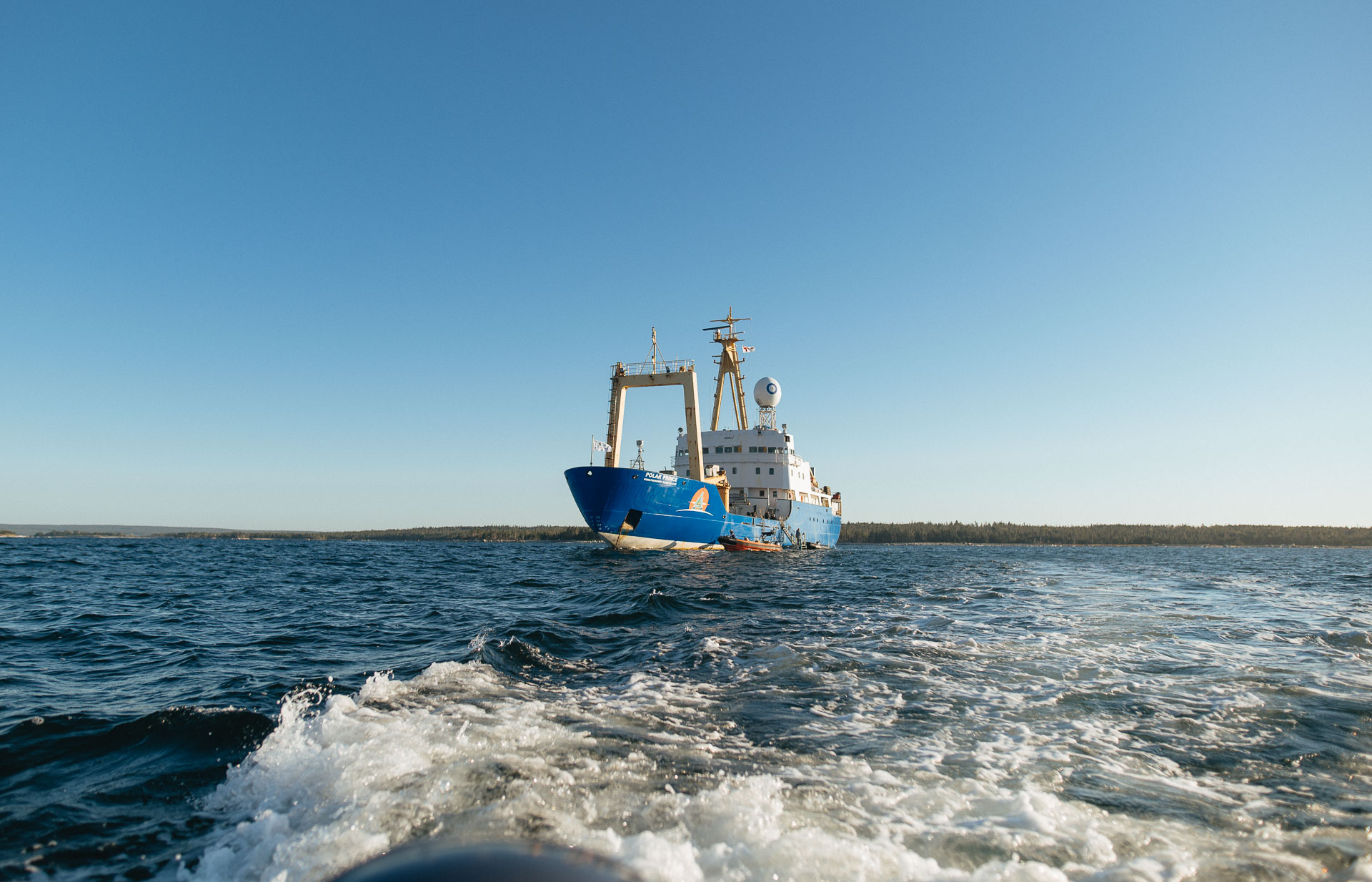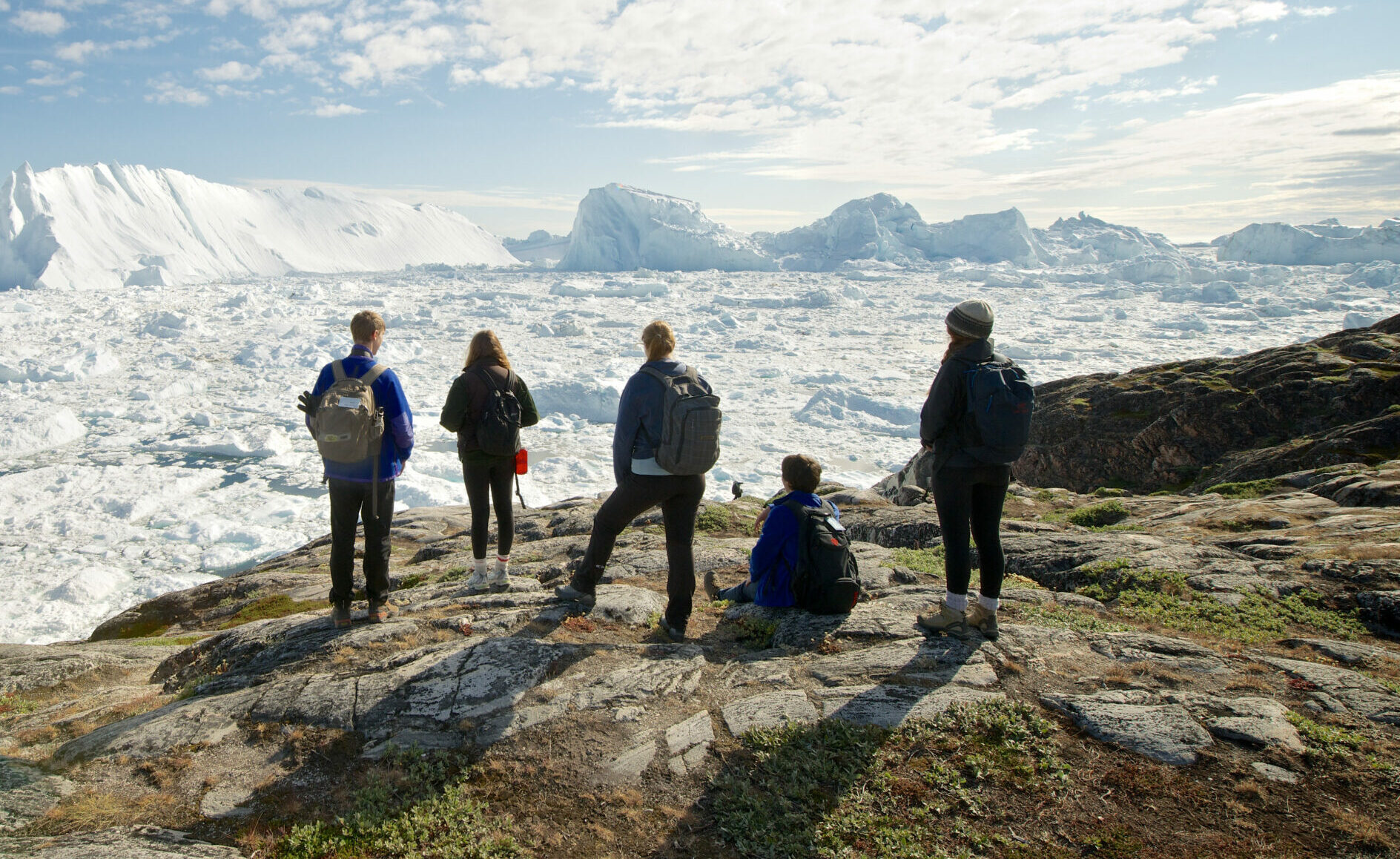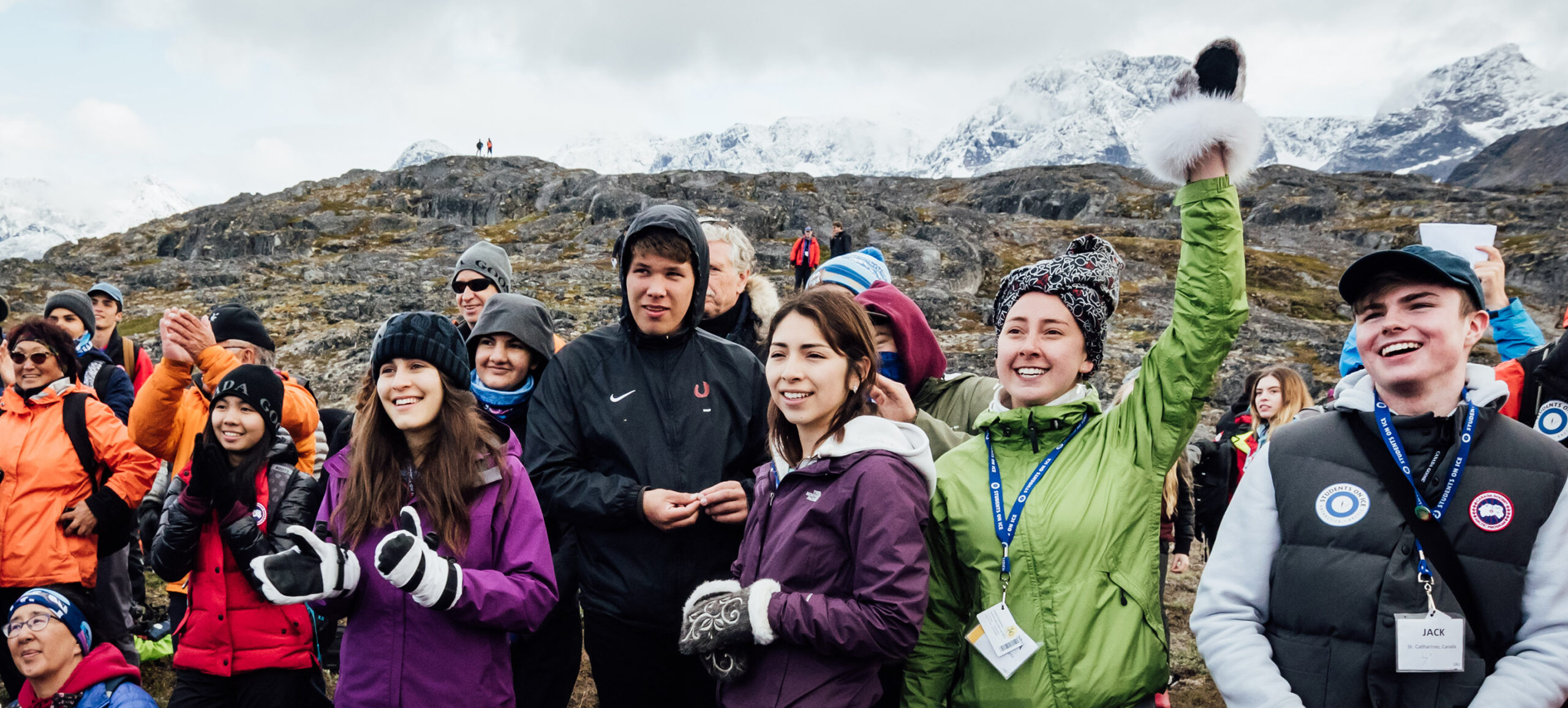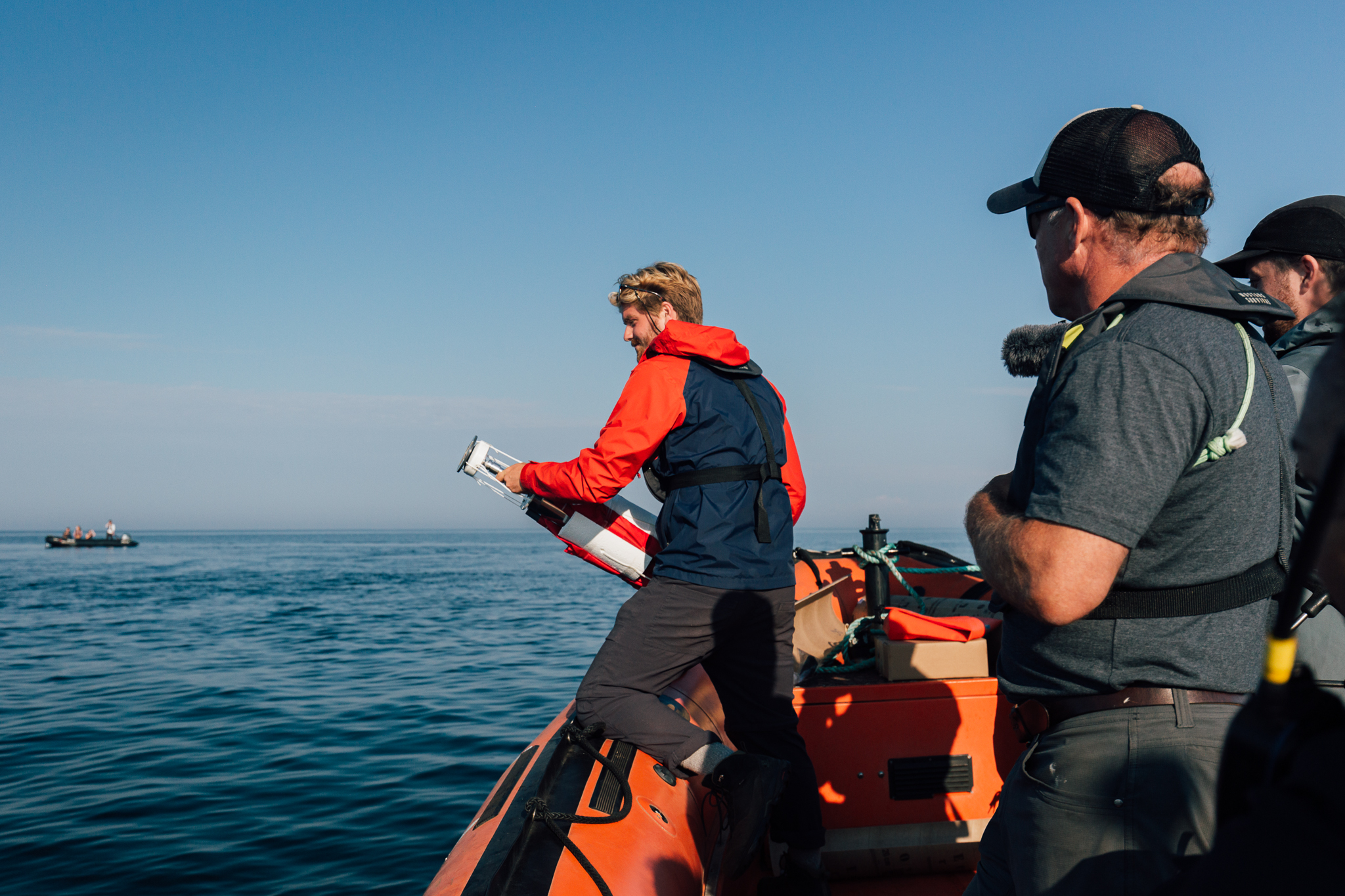Whose voices are prioritized in these conversations, and who is welcomed in policy- oriented spaces? Does global climate policy not centre the Global North, and privileged voices from within it? Who does a limit of 1.5 degrees of warming protect when small island nations are already dealing with the damage of rising sea levels?
While many policy oriented spaces aim to increase inclusivity and diversity through the invitation of different voices, whether through consultations or physical presence, these acts of inclusion are not the same as being an equally regarded stakeholder in the policy formation process. There is a difference between being invited to a historically inaccessible space- tokenized, spoken over, and only valued when palatable- and managing policy within your own systems of power, having those systems acknowledged as equivalent.
Access to policy oriented spaces, formation, and implementation goes in hand with various degrees of privilege, tying back to class, race, and other ongoing symptoms of modern day neo-colonialism. I feel that a major shift in what policy creation spaces look like, their accessibility, and the value systems held within them is an essential component for the creation of viable climate policy for the future.





